Meet Aoi | Data Scientist & AI Startup founder, support women in tech and people with disabilities
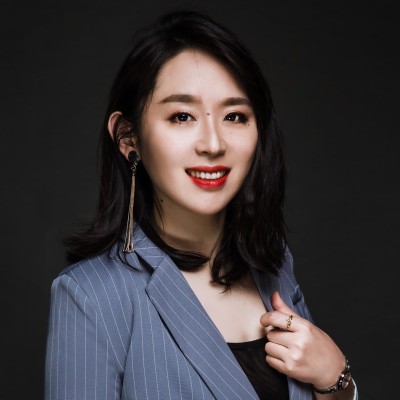

We had the good fortune of connecting with Aoi and we’ve shared our conversation below.
Hi Aoi, what was your thought process behind starting your own business?
I love science and after learning a lot of knowledge on data science and computer science, they empowered me. I have a respectful job as a data analyst in Tokyo Japan and have been working as a data scientist in the US. I always want to be truly independent and apply science to create values to the market. This is the true motivation behind my startup journey. Also as we know America is a capitalist country, as a new immigrant coming to the US by myself with two suits cases I can not rely on any company, and at the same time the immigration law is very behind the time, it all require immigration workers sponsored by companies, which leaves no freedom of moving or planning life living in some place we choose.
For the very fundamental motivation, I was born with visual disability, my left eye only has 0.04 visual level. But I don’t let any physical limitation limit the possibility of my life. Seeking freedom and unlimited possibilities of self development, pursuing value by applying science to solve the real problems of life for all people. letting all of us embracing an quality of accessing opportunities are my passions of doing this startup. By being a person like myself now, I proof women can become a tech leader, women can become very rich by herself, stem majors are good choice because it opens a big world for you, only one eye is good enough to do anything you want, if you have two eyes, congratulations, you can do at least two times of things I have done.
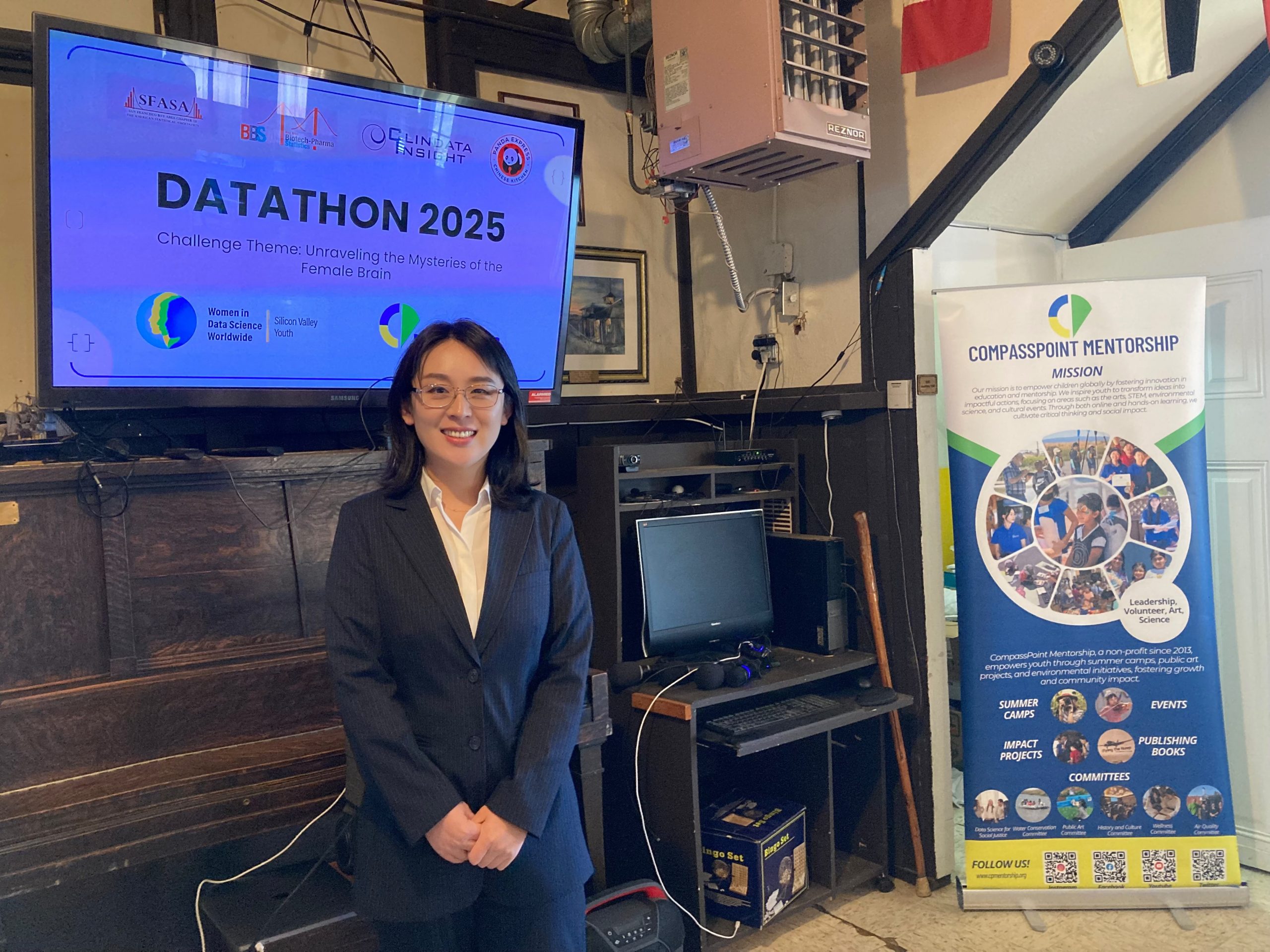
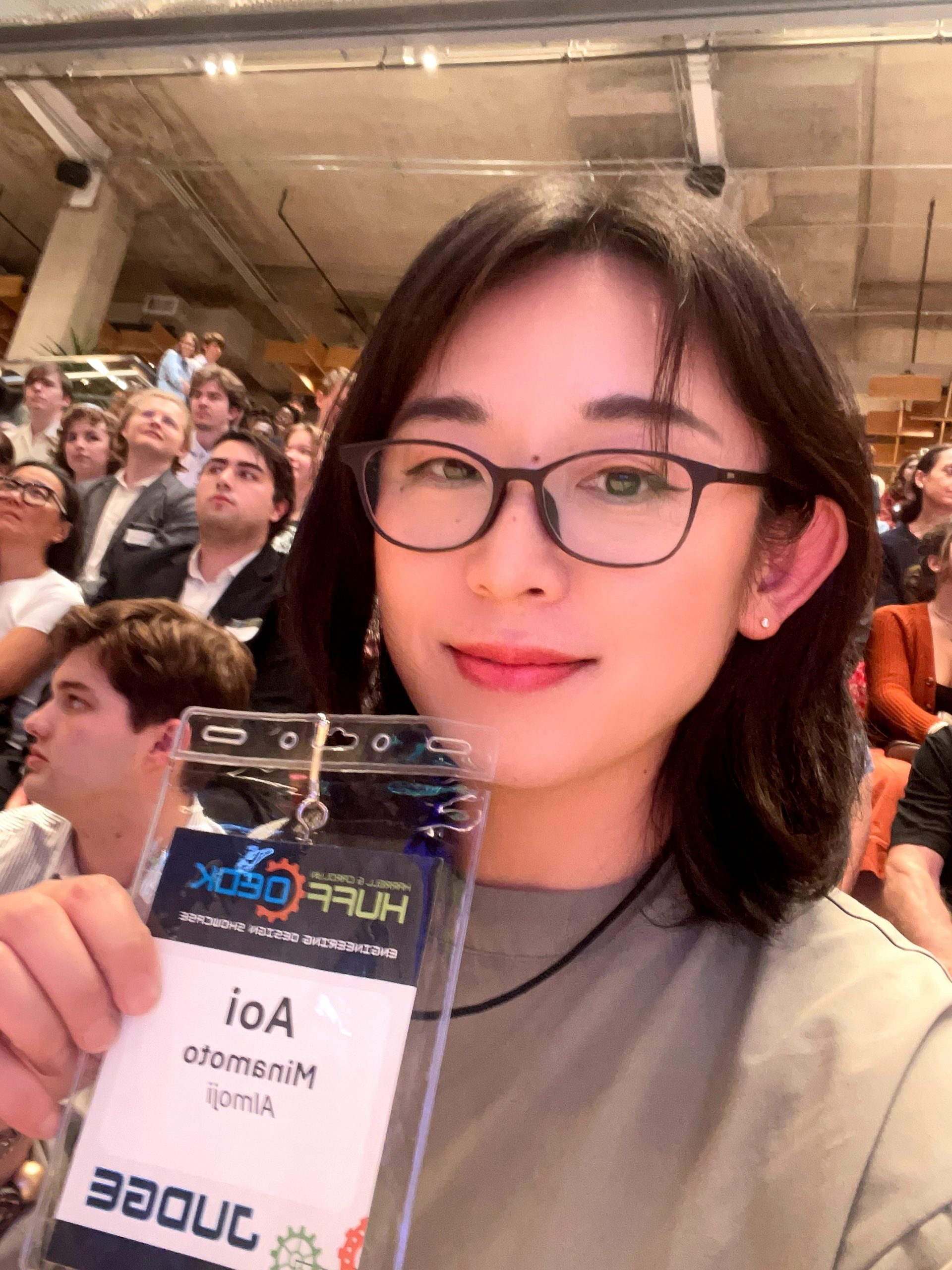
What should our readers know about your business?
At AImoji, we’re driven by a vision to make cognitive health as accessible and trackable as physical health. One of our proudest achievements is the launch of Kizuna (https://www.kinabot.com), the world’s first cognitive barometer designed to assess an individual’s cognitive state through daily natural conversation.
The idea for Kizuna emerged from a simple observation: while many AI agents and chatbots claim to mimic human interaction, very few focus on what we can learn from those conversations. Our speech reflects more than just words — it encodes our cognitive state, emotional wellness, and even early signs of neurological decline such as dementia. Unlike traditional health metrics like blood pressure or temperature, cognitive function is deeply shaped by a person’s environment, education, and background. That’s why Kizuna builds personalized cognitive benchmarks and allows users to track changes over time.
This journey hasn’t been easy. Developing a tool that balances privacy, accuracy, and utility presented both technical and ethical challenges. But by staying focused on the real-world impact — helping families monitor the cognitive wellness of their elderly loved ones, or empowering individuals to reflect on their own mental clarity — we found purpose in every obstacle.
What sets us apart is our commitment to creating intuitive, science-based tools that enhance everyday life. I envision Kizuna being used not only by individuals, but also by insurance companies to reduce long-term costs through early intervention.
Ultimately, I want the world to know that our conversations matter — not just in what we say, but in how we say it. And with the right technology, we can turn those moments into meaningful insights for better living.
Currently I am raising fund, hope to hire AI engineers and sales to build a smarter tool, and find more paid users.
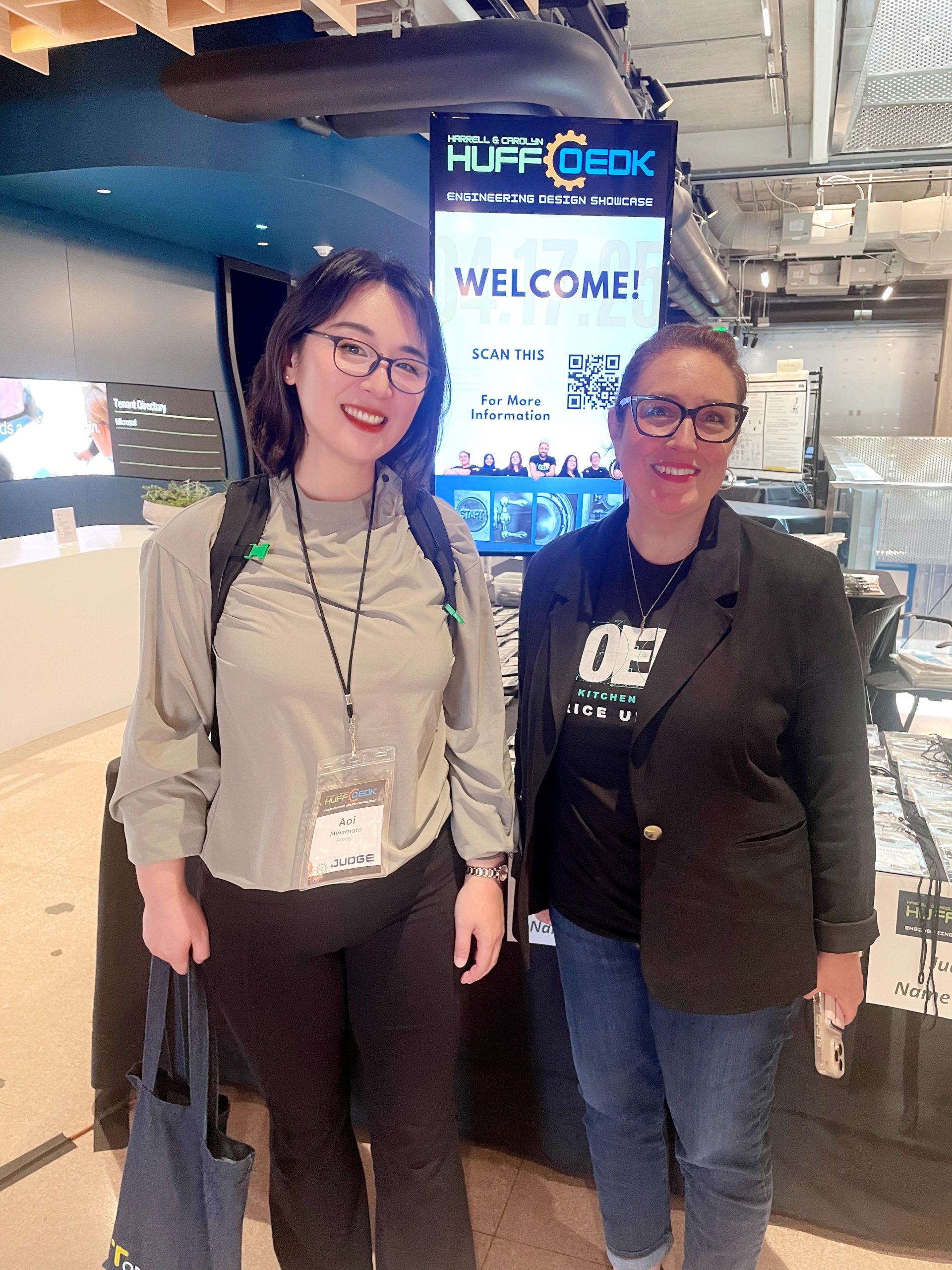
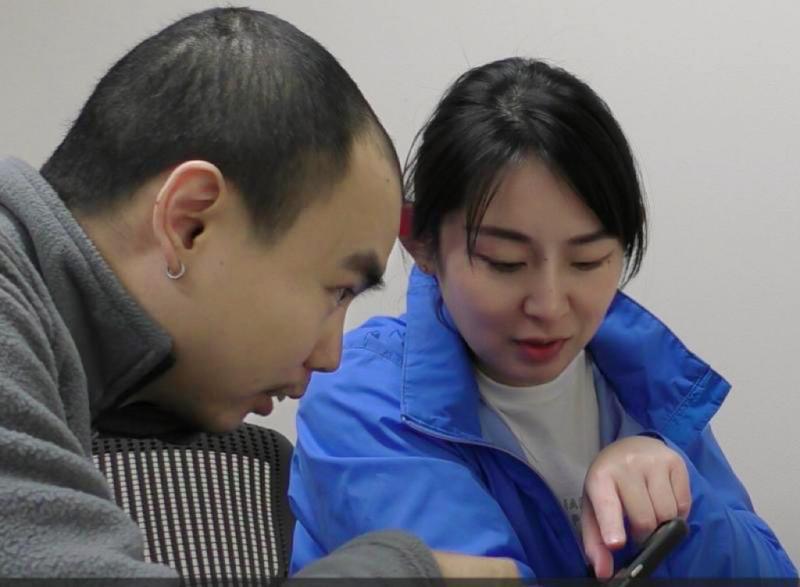
Any places to eat or things to do that you can share with our readers? If they have a friend visiting town, what are some spots they could take them to?
If my best friend were visiting, I’d want to give them an unforgettable glimpse into both my journey and the beauty of the places that have inspired me most. When I worked in New York City, Times Square was my favorite spot — not just for the energy and lights, but because I used to stand there imagining my company’s IPO being announced on those giant digital screens. That dream still drives me.
Now that I’m based in Palo Alto, one of the places closest to my heart is Communication Hill in San Jose. I often take friends there to watch the sunset. From the top, you can see the city lights start to twinkle as evening sets in. I always tell them, “Someday, one of those lights will be mine.” It’s my way of staying grounded and hopeful — even while facing challenges.
Finding a stable home here hasn’t been easy. I’ve moved between Airbnbs, searching for an apartment, trying to find my place in Silicon Valley — not just professionally, but personally too. But each drive to Communication Hill reminds me that life can be created. Even in the struggle, there’s beauty, and there’s purpose. I know one day I’ll have a home here. A light will be on, waiting for me.
So my itinerary might not be packed with tourist checklists. Instead, it’s about places that hold meaning — dreams in Times Square, sunsets on Communication Hill, and quiet faith that even in Silicon Valley, I’ll carve out a space that’s mine.
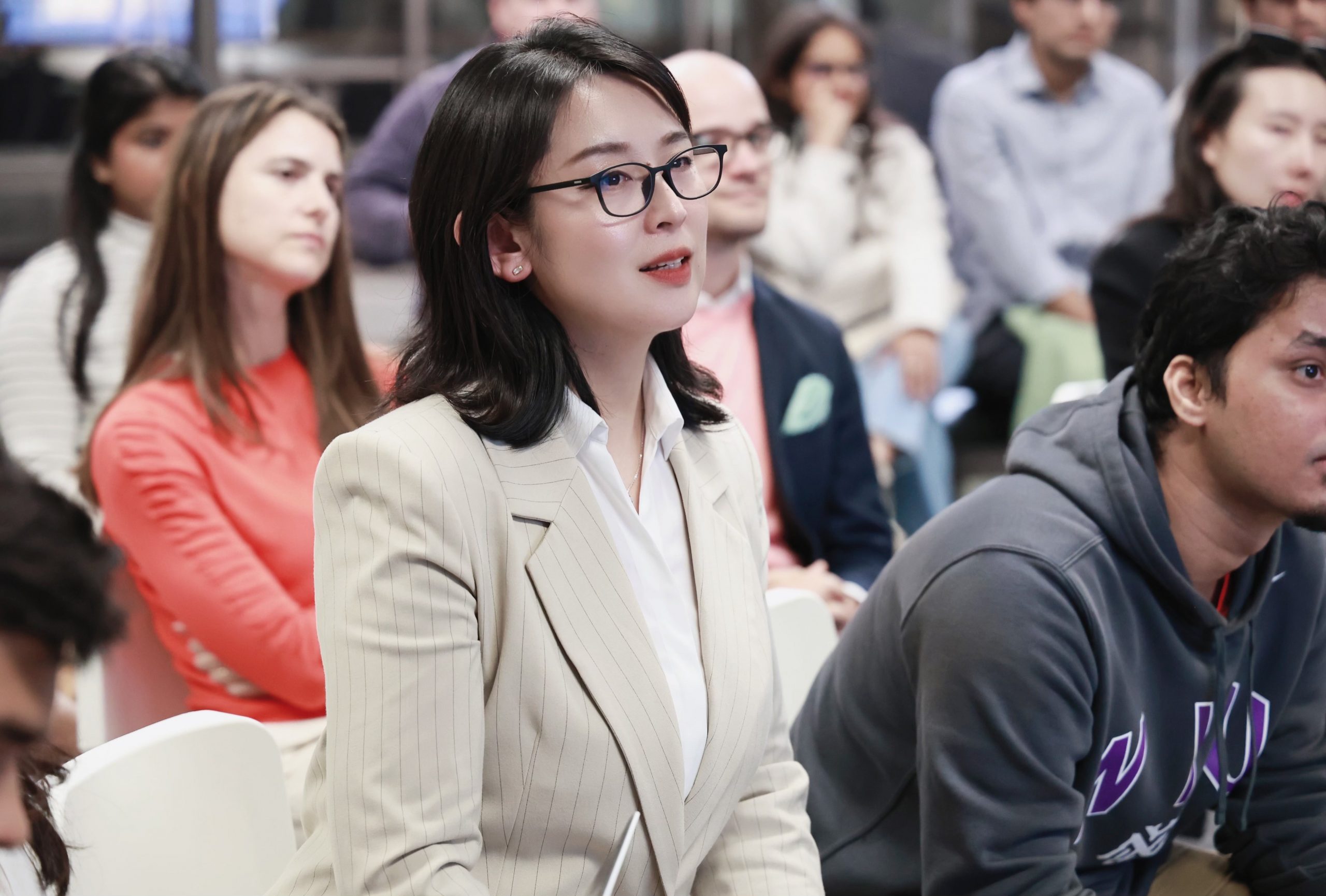
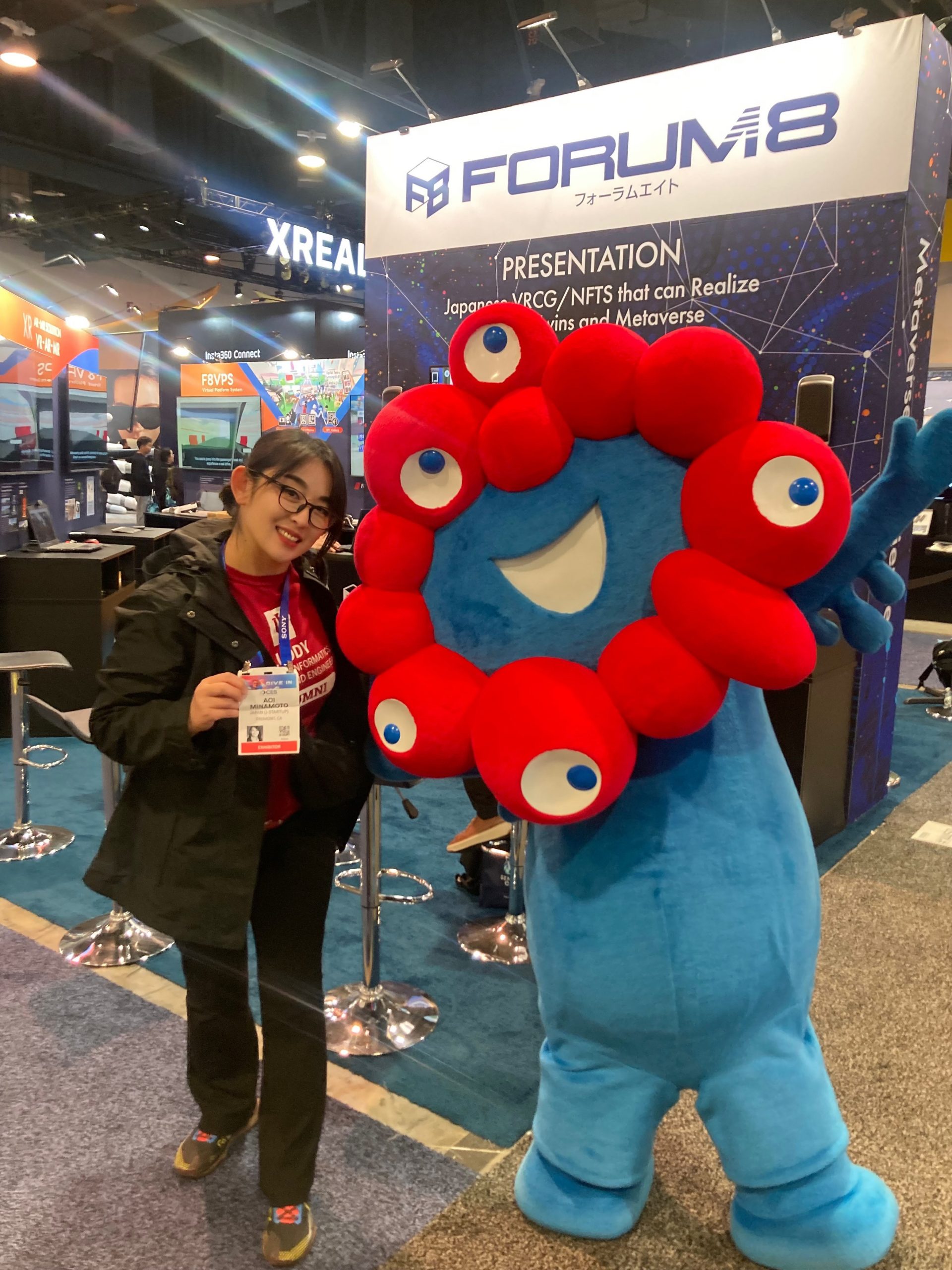
The Shoutout series is all about recognizing that our success and where we are in life is at least somewhat thanks to the efforts, support, mentorship, love and encouragement of others. So is there someone that you want to dedicate your shoutout to?
Absolutely—I’d like to dedicate my shoutout to Indiana University Bloomington, especially the Luddy School of Informatics.
They gave me an incredible opportunity to pursue my Master’s degree in Data Science online during the height of COVID, which was a turning point in my academic and professional journey. When the pandemic eased and I applied to transition to the on-campus program, they welcomed me again with open arms.
After moving to the U.S., I encountered a challenge—my only right eye would get exhausted from all the reading and coding. That’s when the university’s student support system stepped in again. The student center provided me with free access to a reading tool that transformed written text into audio. Being able to listen to books instead of reading them was a game-changer.
I’m deeply thankful for my school and for the broader support system here in the U.S. This experience—how science and technology helped me personally—has inspired me to develop new tools that can make life easier for others too.
Website: https://www.kinabot.com
Linkedin: https://www.linkedin.com/in/aoiminamoto/
Other: https://aoiminamoto.my.canva.site
https://www.researchgate.net/profile/Aoi-Minamoto
https://kizunafront.vercel.app
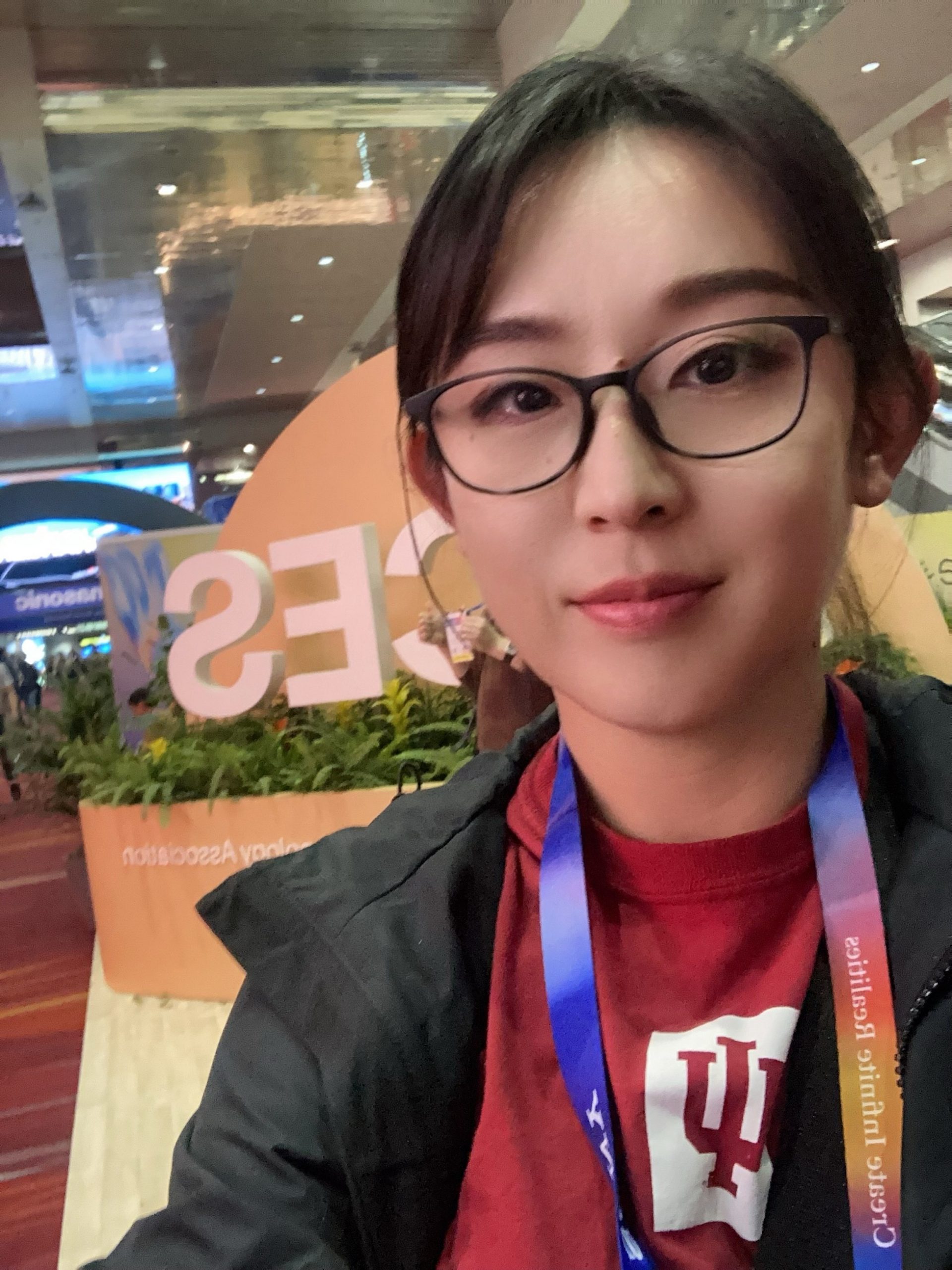
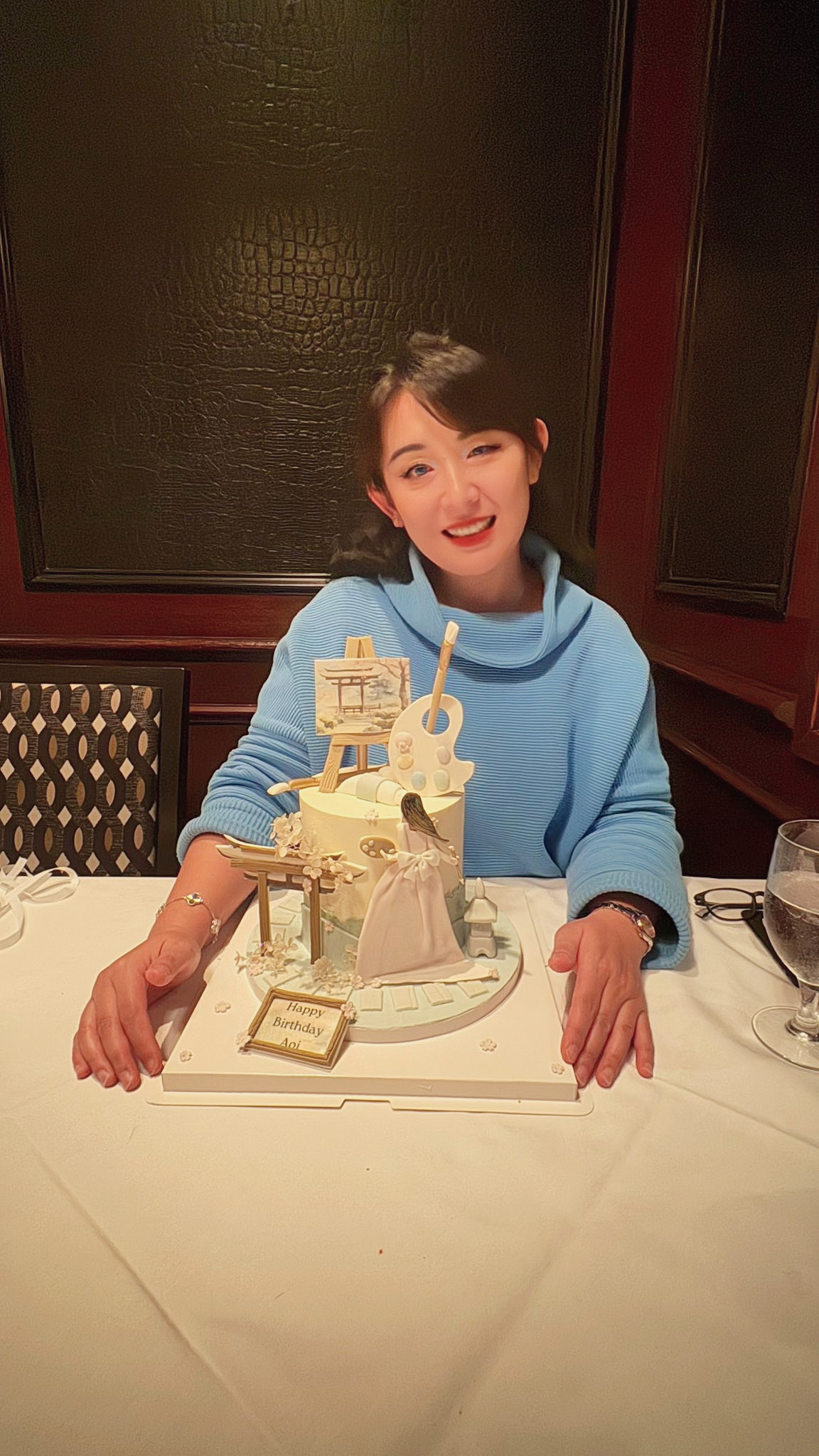
Image Credits
Aoi Minamoto
